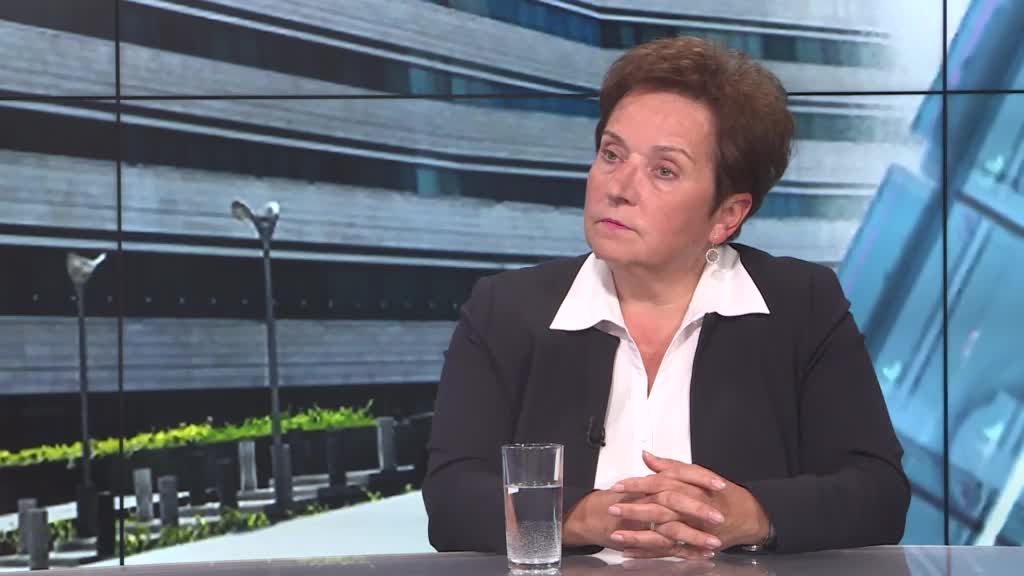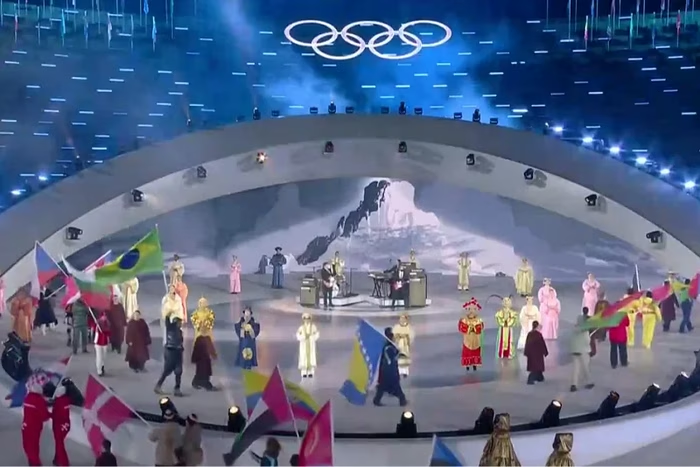
Bosnia has maintained its NATO perspective by sending the ‘Programme of Reforms’ to the alliance, and that could contribute to a more stable and prosperous situation in the country, Defence Minister Marina Pendes said on Thursday.
“It is certain that the process of cooperation with NATO, which had its positive dynamic in recent years, was at a standstill due to the political crisis for the past 13 months as the Council of Ministers of Bosnia and Herzegovina was not formed following the General Election in 2018,” Pendes said.
She was referring to a deadlock which had crippled the country after the election last year. The Bosniak and Croat member of the tripartite Presidency did not want to approve the nomination of a candidate from the party of their Bosnian Serb colleague because it opposes any steps toward NATO membership being made.
The next step would be sending the Annual National Programme (ANP) to the alliance and activating Bosnia’s Membership Action Plan (MAP).
The two Presidency members argued that Bosnia took the obligation to send the document years ago and that not doing so would violate a binding decision.
But the Bosnian Serb Presidency member would not agree to the ANP being sent, arguing that it would violate a Resolution on Military Neutrality which the Serb-majority half of the country adopted in 2017.
A compromise was reached in mid-November - Bosnia will send a different document, a ‘Programme of Reforms’, to the alliance and the nomination of the new Council of Ministers will be approved.
“With the latest political agreements, Bosnia and Herzegovina is maintaining its NATO perspective and with the plan of cooperation with NATO we continue our mutual relationships and the partnership which we built up for years,” Pendes declared.
She said she expects that the ‘Programme of Reforms of Bosnia and Herzegovina’ will help everyone in the country, “most of all defence institutions in Bosnia and Herzegovina regarding operative capabilities, capacities and possibilities to implement legally defined tasks.”
She said that an agreement must be based upon mutual respect for the political rights of all constituent peoples in Bosnia and that it is due time to implement the will of the voters and to form a government based upon it.
“The leaders of political processes in Bosnia and Herzegovina must show certain political credibility to the domestic and international public,” she said, adding that the “recent positive steps are important for the internal and international processes Bosnia is in.”
She said she hopes the forming of the Council of Ministers will also unblock financial resources for numerous projects in the country.
“By sending the previously mentioned document to NATO we will intensify our cooperation with international partners, which can contribute to a more stable and prosperous situation in Bosnia and Herzegovina,” she said.
The agreement and sending of the Reform Programme should not be seen as a “winner-loser” situation, she stressed.
Kakvo je tvoje mišljenje o ovome?
Učestvuj u diskusiji ili pročitaj komentare





 Srbija
Srbija
 Hrvatska
Hrvatska
 Slovenija
Slovenija



























































